The Brown Living Journal explores the plastic ban in India and provides actionable tips to reduce plastic waste. Join the movement toward a more sustainable future! Before talking about the Single-Use Plastic (SUP) Ban in India, let’s understand what is SUP.
Single Use Plastic is interchangeable with the word disposable plastic, which is any plastic item that is used once & then thrown away. No matter if it is marked as recyclable, it is still a SUP if it’s designed to be thrown away after one use.
Now, we all know that plastic is one of the main villains of good quality of life for the Earth & for us. Indian Government woke up to this realization & enforced a ban on Single-Use Plastic(SUP) in the country!
Know the Single-Use Plastic (SUP) Ban in India:
The government of India put a single-use plastic (SUP) ban in India effective from 1st July 2022 which is the first day of the ‘Plastic Free July’ campaign which originally started in 2011. Now, the decision to single-use plastic ban in India came into effect after the government engaged in an insightful talk with all members at the 5th United Nations Environment Assembly which took place in March’22. Let’s get to know the SUP-banned items in India:
- Earbuds with plastic sticks
- Plastic sticks for balloons
- Plastic flags
- Candy sticks
- Ice- cream sticks
- Polystyrene (Thermocol) for decoration
- Plastic plates
- Cups
- Glasses
- Cutlery such as forks, spoons, knives, straw, trays, wrapping or packing films around sweet boxes
- Invitation cards
- Cigarette packets
- Plastic or PVC banners less than 100 microns
- Stirrers
Along with knowing the banned items you must also know that anyone violating this ban will be fined. They can be manufacturers, importers, or simply users.
The Process till The Penalty & The Penalty:
Central Pollution Control Board (CPCB) will monitor the ban from the centre and the State Pollution Control Boards (SPCBs) will report to the Ministry of Environment about the implementation of the ban. There will be enforcement teams that will supervise control rooms along with CPCB. These control rooms will be set up at national & state levels.
Under the Environment Protection Act 1986, anyone found flouting the ban can be jailed for up to 5 years or fined up to Rs.1 Lakh and even both.
SUPs Spread Across
We all have heard from a few green warriors & journalists that plastic will stay on this Earth even after humans as a species go away. To explain this statement let us give you a peek into the numbers of Single-use plastic in India.
India’s per capita consumption of plastic is 11 kilograms (kg) per year, as against the global average of 28 kg per year. As per data by The Ministry of Environment, Forest and Climate Change (MoEFCC), in India, over 3.4 million tons of plastic waste was generated in 2019-20 and 3.06 million tons in 2018-19. The situation worsens when a significant amount of such unrecyclable waste ends up in rivers, oceans, and landfills.
Effects of SUP

The Single Use Plastic impact on Environment is not the only reason one should be worried about. Its impact on individual health is equally hazardous. A few of the many effects of SUP are stated below:
The plastic typically used in bottles, bags, and food containers contains chemical additives that are associated with negative health effects including cancers, birth defects, and immune system suppression in humans and wildlife.
It takes 1,000 years for a plastic bag to degrade in a landfill. Unfortunately, the bags don't break down completely but instead photo-degrade, becoming microplastics that absorb toxins and continue to pollute the environment.
Landfills, where thrown out single-use plastics are sent, account for over 15% of methane emissions. The disposal of more plastics into landfills leads to increases in landfill size and these emissions.
Microplastics, smaller plastic particles that result from single-use plastic breaking down, pollute our water sources and even our food.
The Problem with the Ban
Just like nothing happens overnight, the plastic ban in India is also going to take much more time than one can estimate. And, to ban something whose demand was approximately 15 million tons last year is one major task. The problem here is not only overcoming the habit of using SUP but also finding an equal alternative. And, the search for an economic & convenient enough replaceable product to plastic will go on until there’s more plastic awareness & adequate alternatives to plastic.
How Can an Individual Contribute to or Support the Ban?

Just to start with the contribution try to keep these things in your bag as you step out of your house:
- A reusable water bottle
- A couple of reusable bags for your impromptu grocery, medical or general shopping
- Reuse old containers
- A reusable cutlery set to avoid plastic cutlery of takeaways
- Recycle the plastic that is already with you

Most importantly, start SAYING NO to the plastic coming to you. So, next time you shop & the vendor packs your items in a plastic bag, stop him immediately & give them your reusable bag to put the stuff in. Create a habit of filling your reusable water bottle from home & asking someone to refill it irrespective of where you are. As we earlier mentioned that India’s per capita consumption of plastic is 11 kilograms (kg) per year. This means that you’ll be at least reducing your part of plastic usage by 3 KGs.
Now, to enforce the ban through citizen’s action CPCB has launched an application urging citizens to act as watchdogs & help authorities take appropriate action against violators.
Let us altogether support the ban along with knowing it thoroughly!







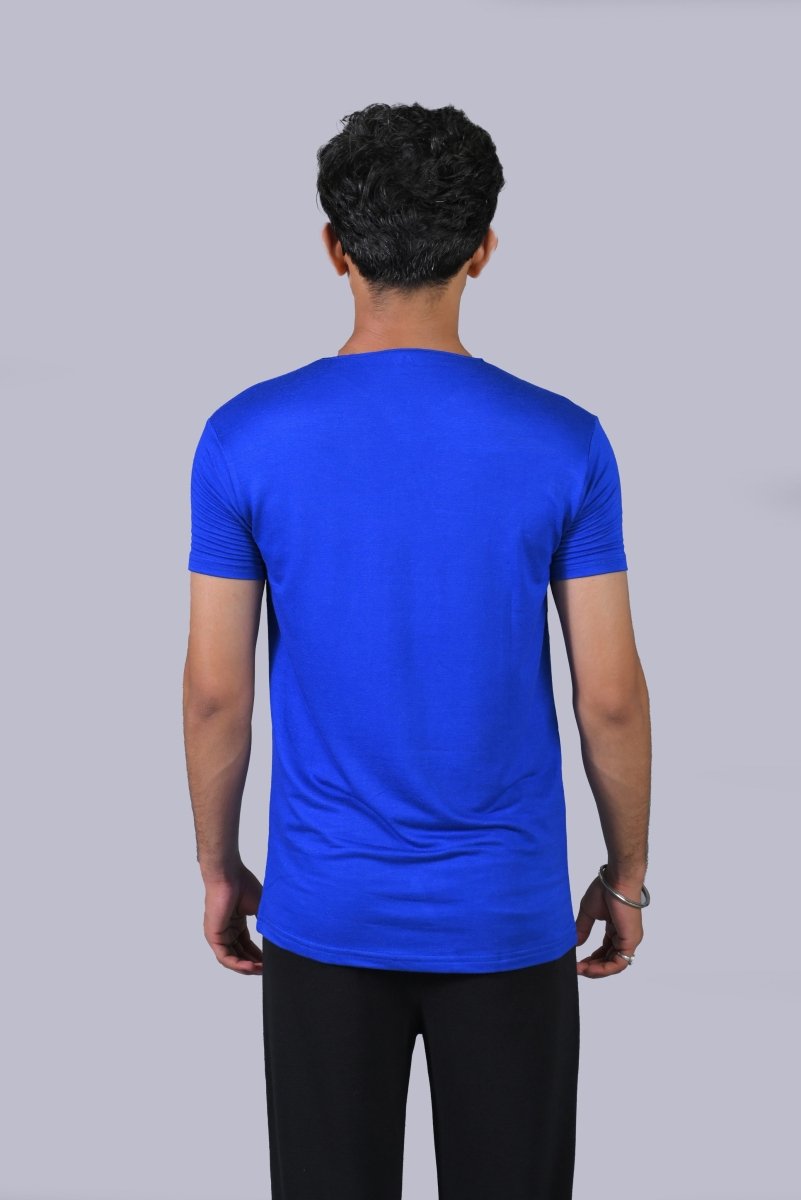

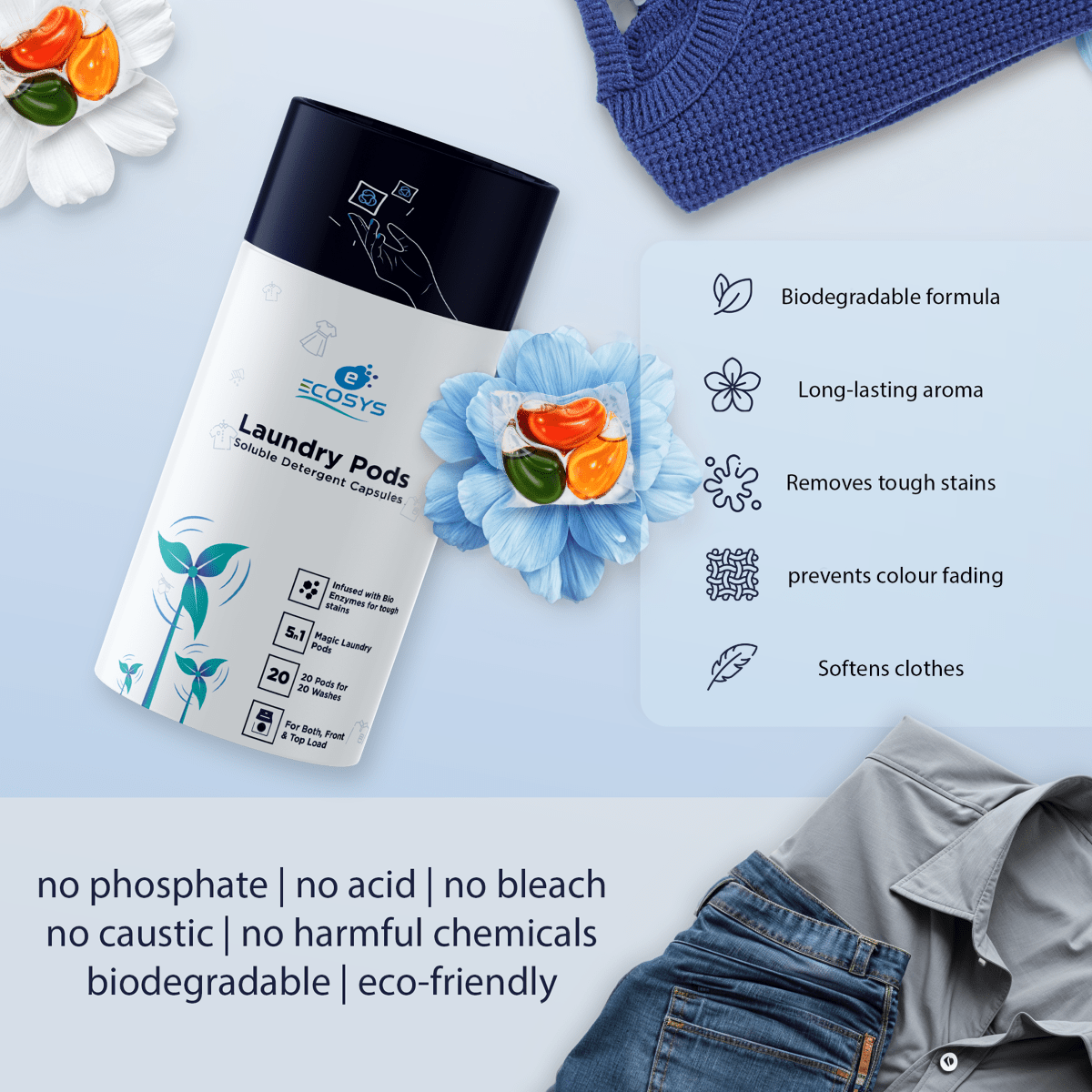

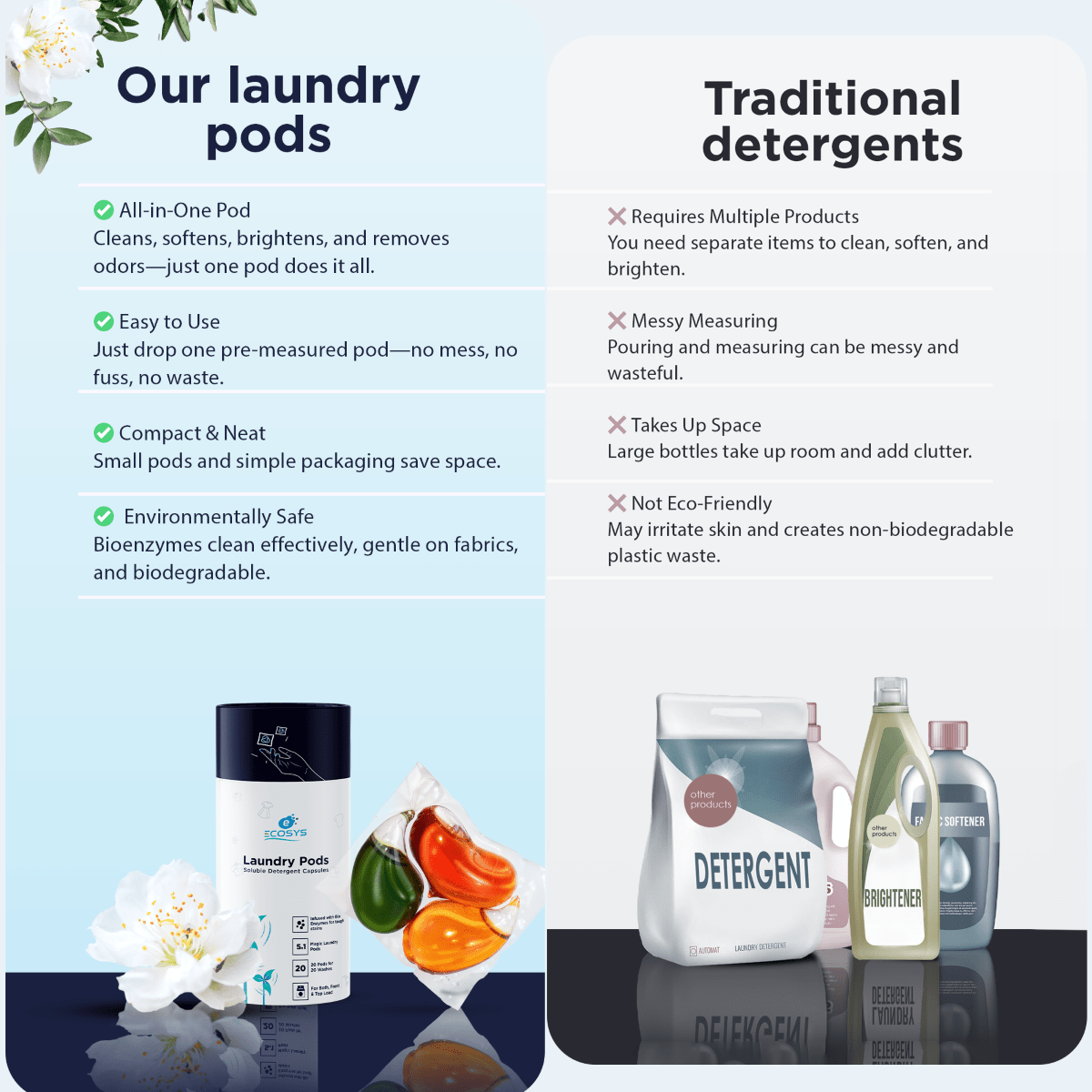

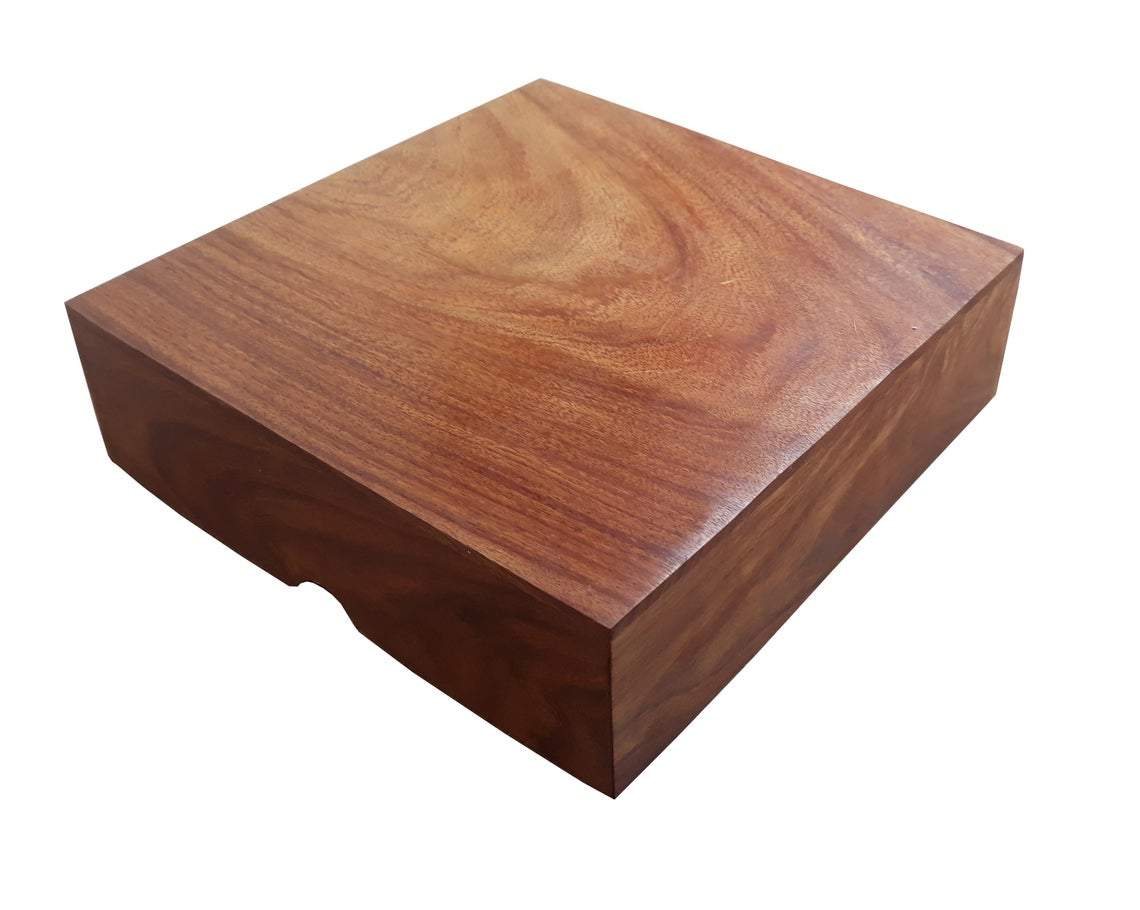









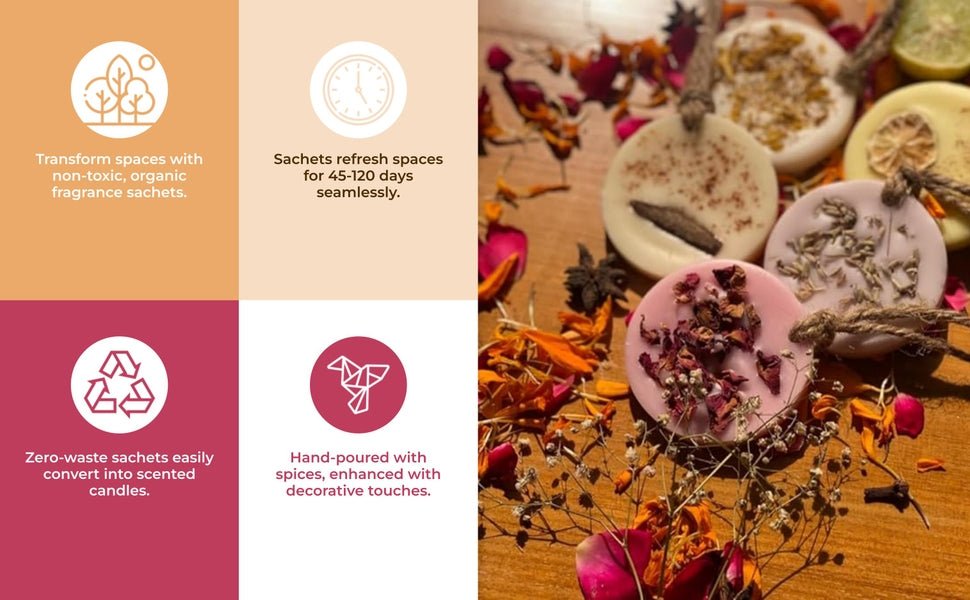




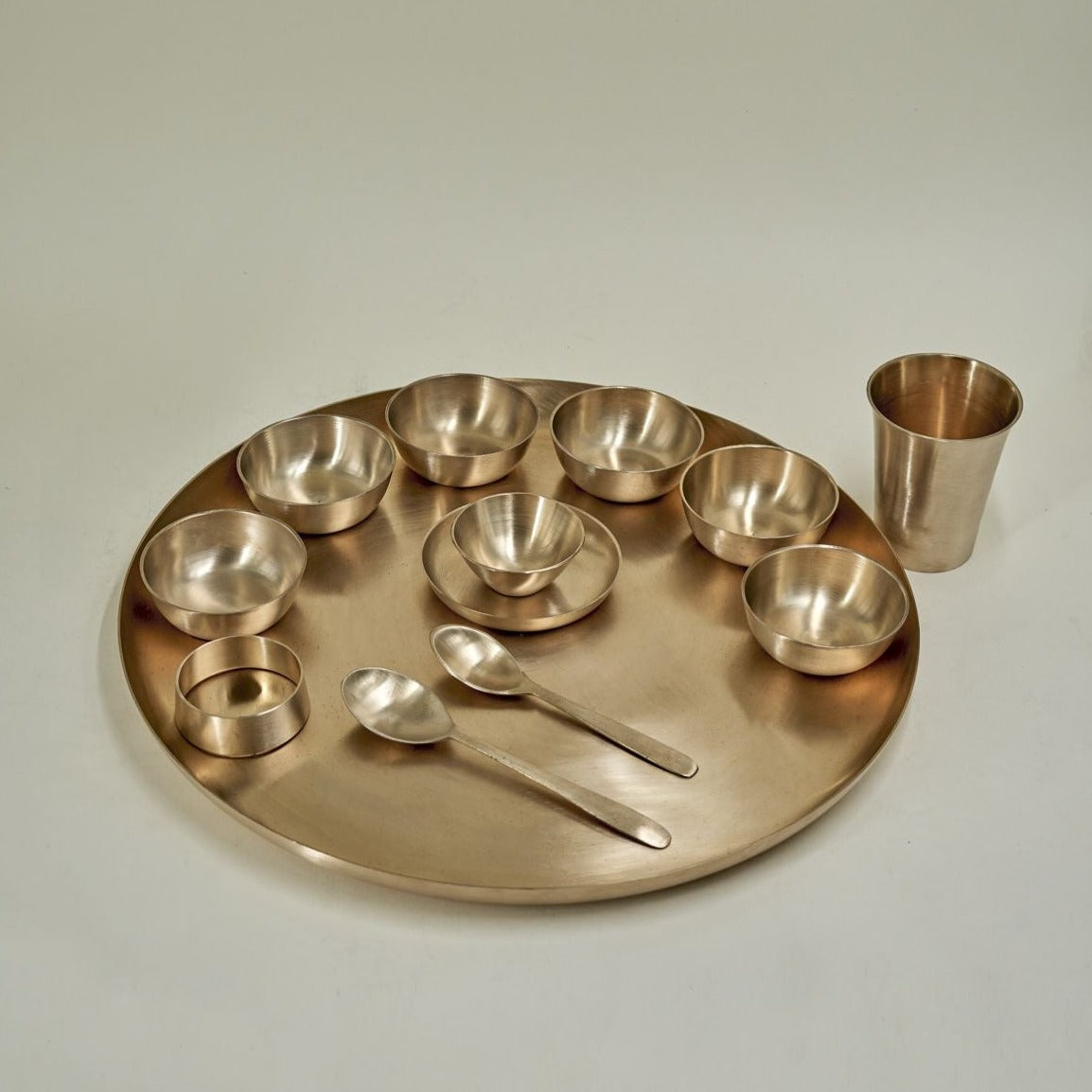

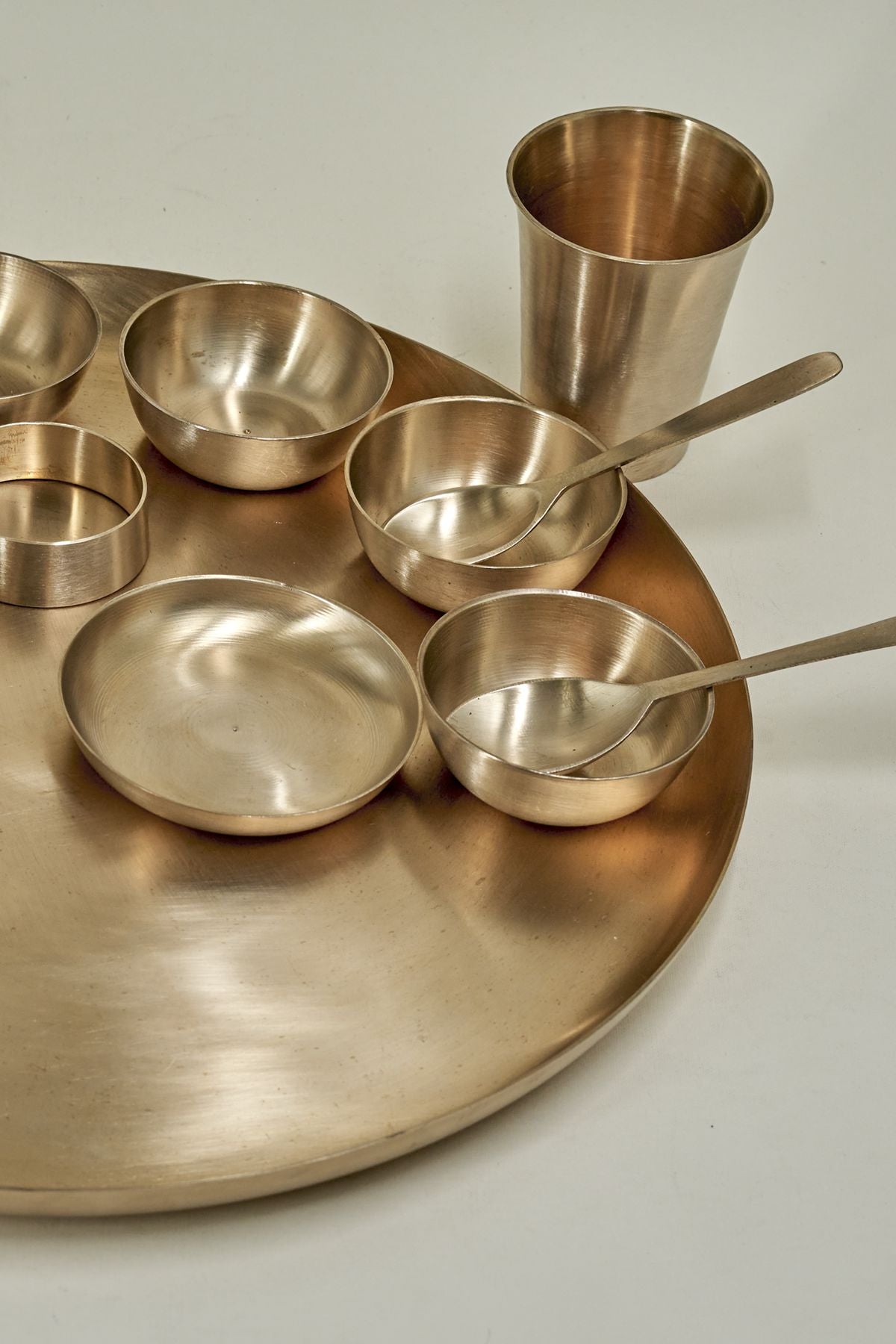
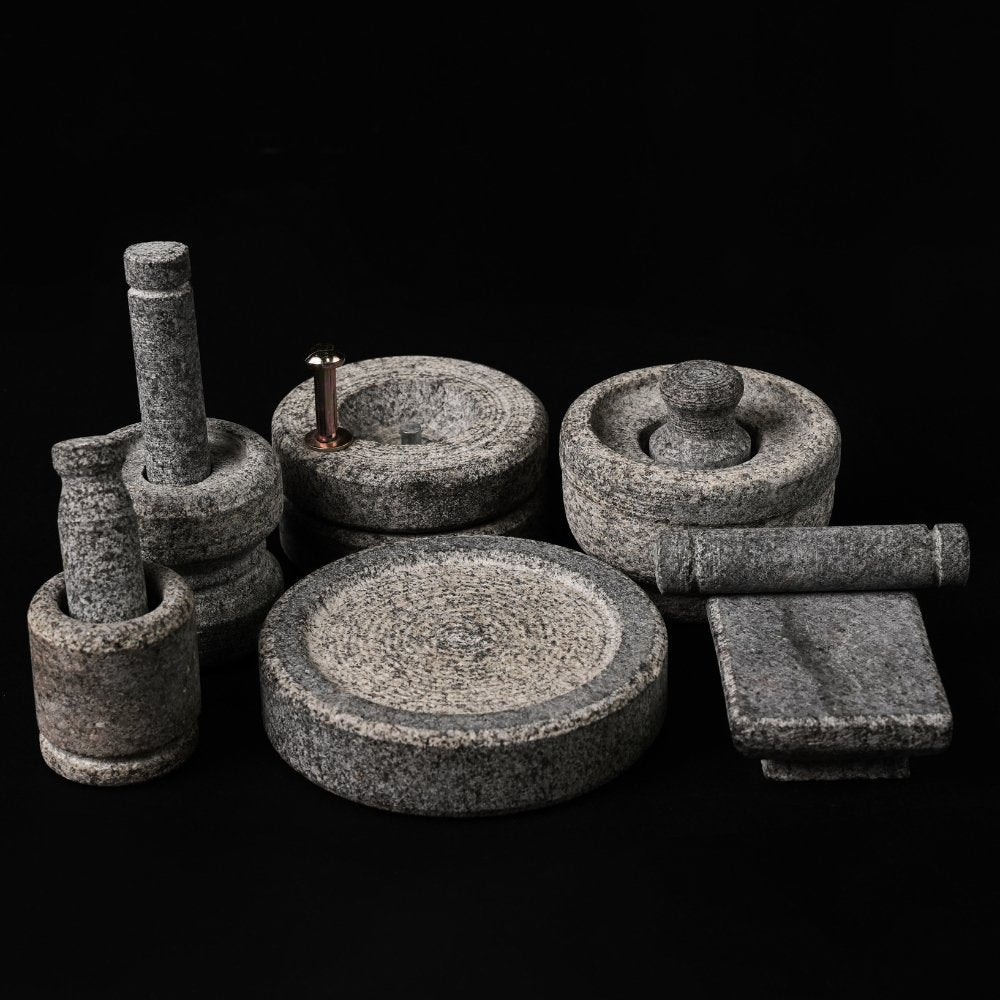
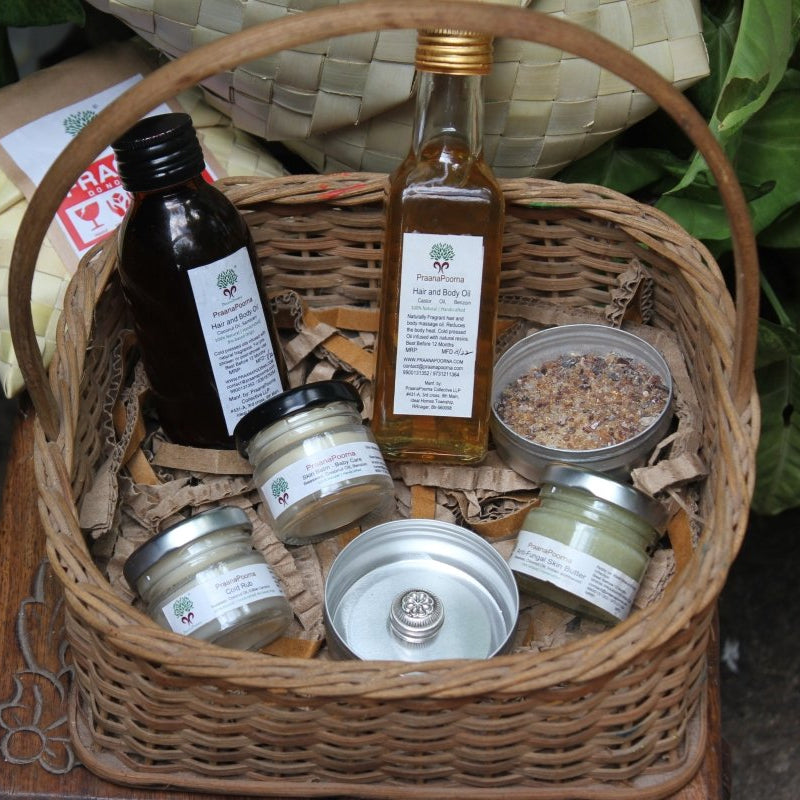
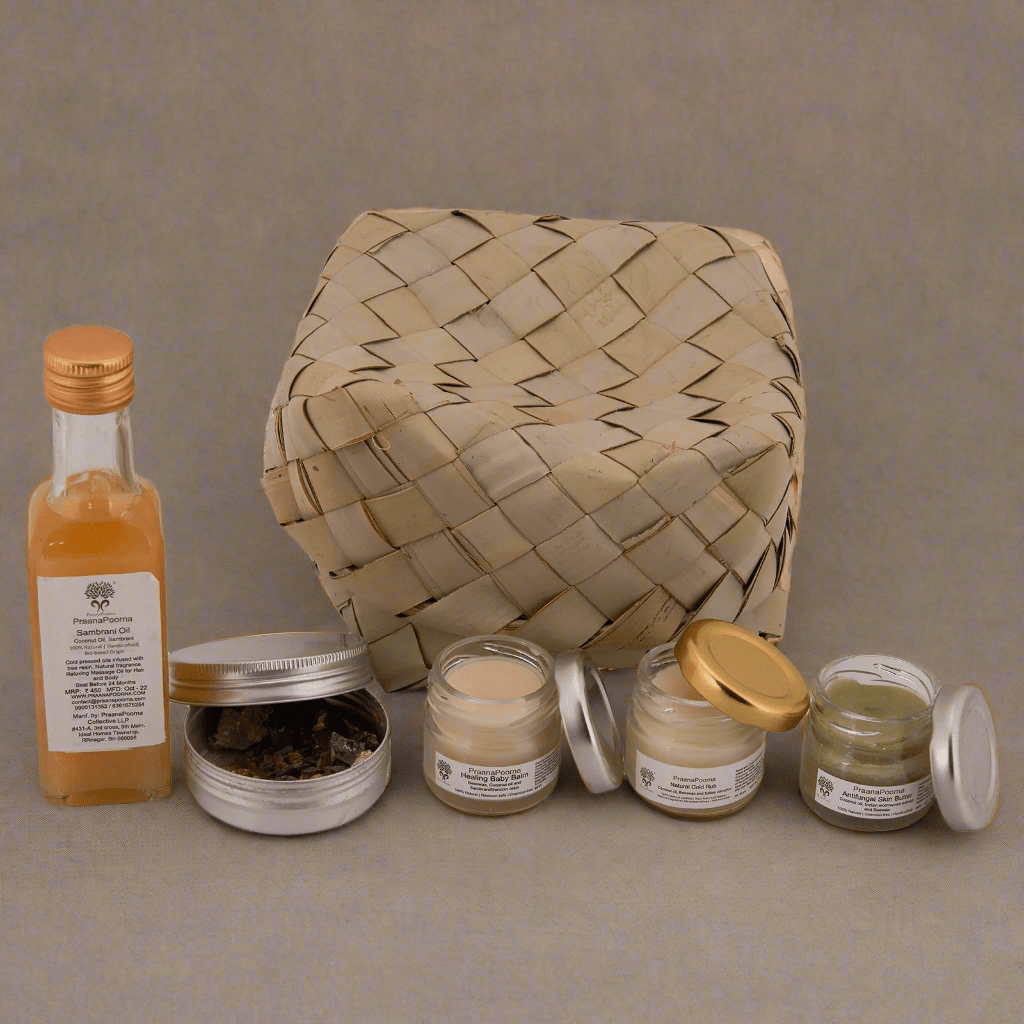
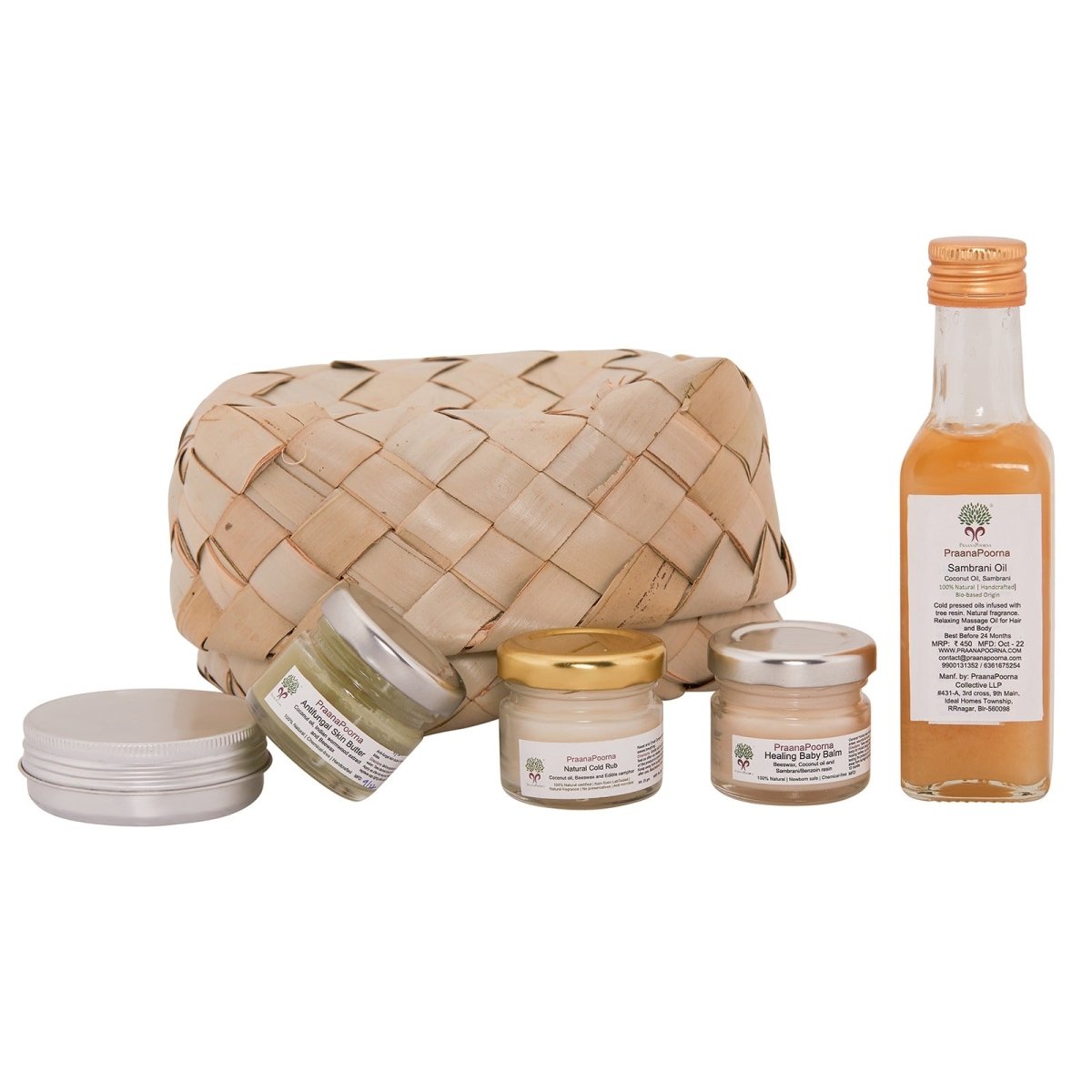
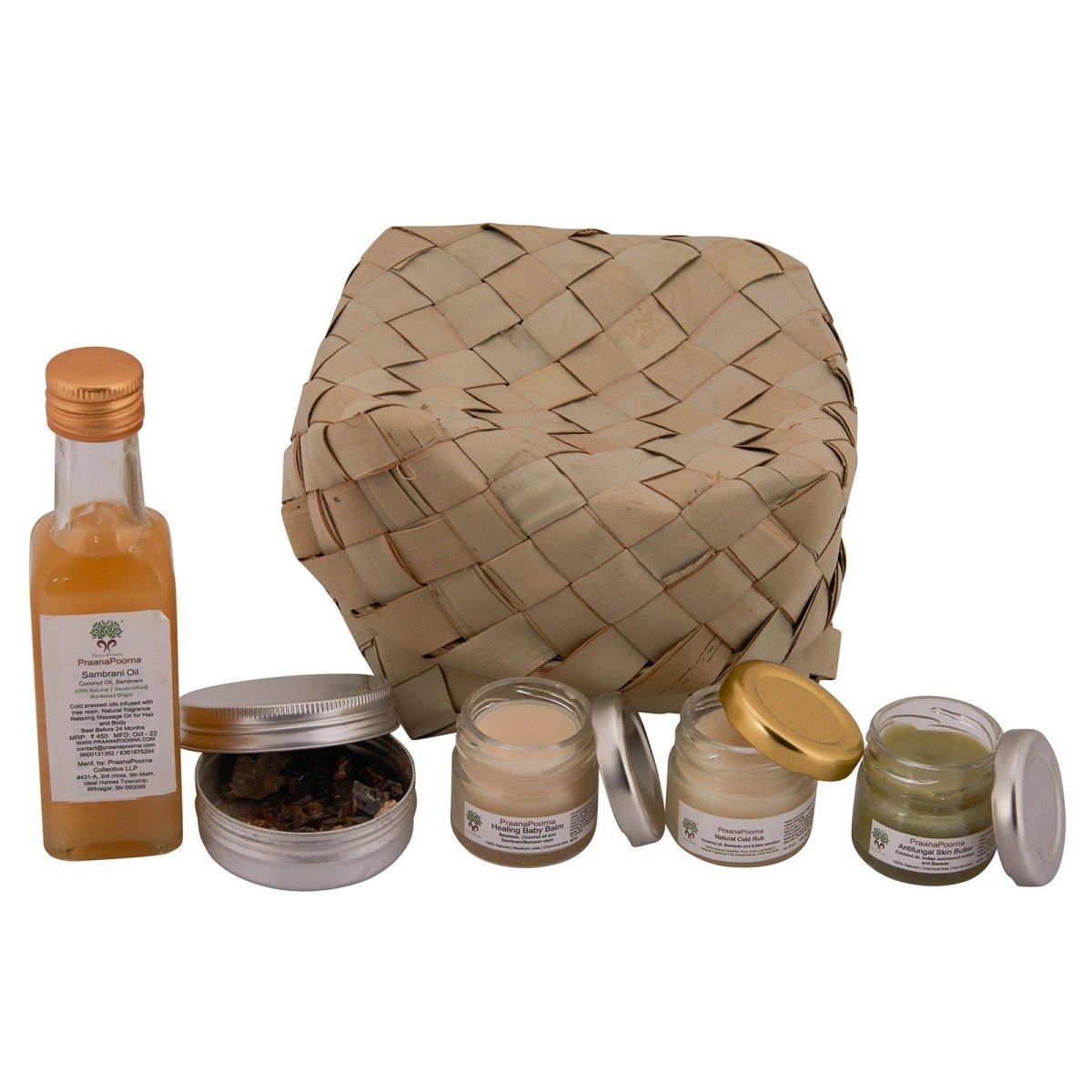


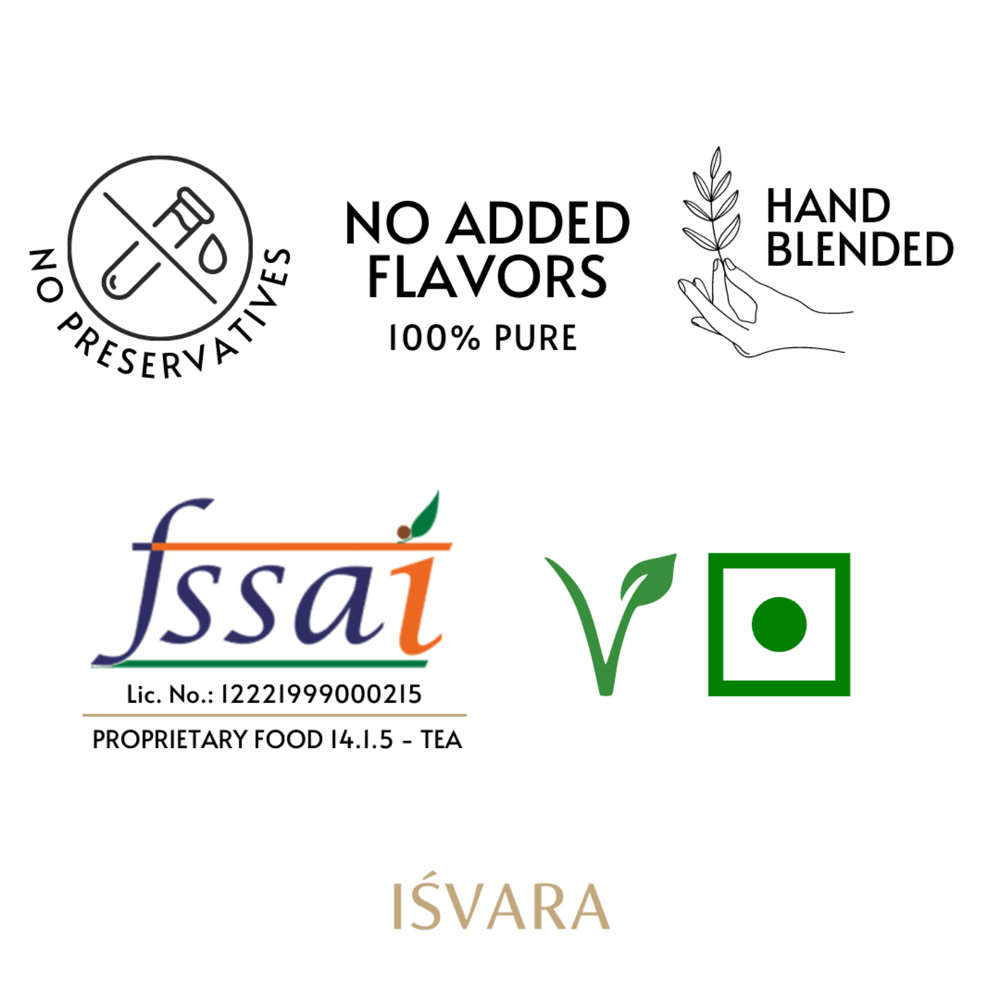
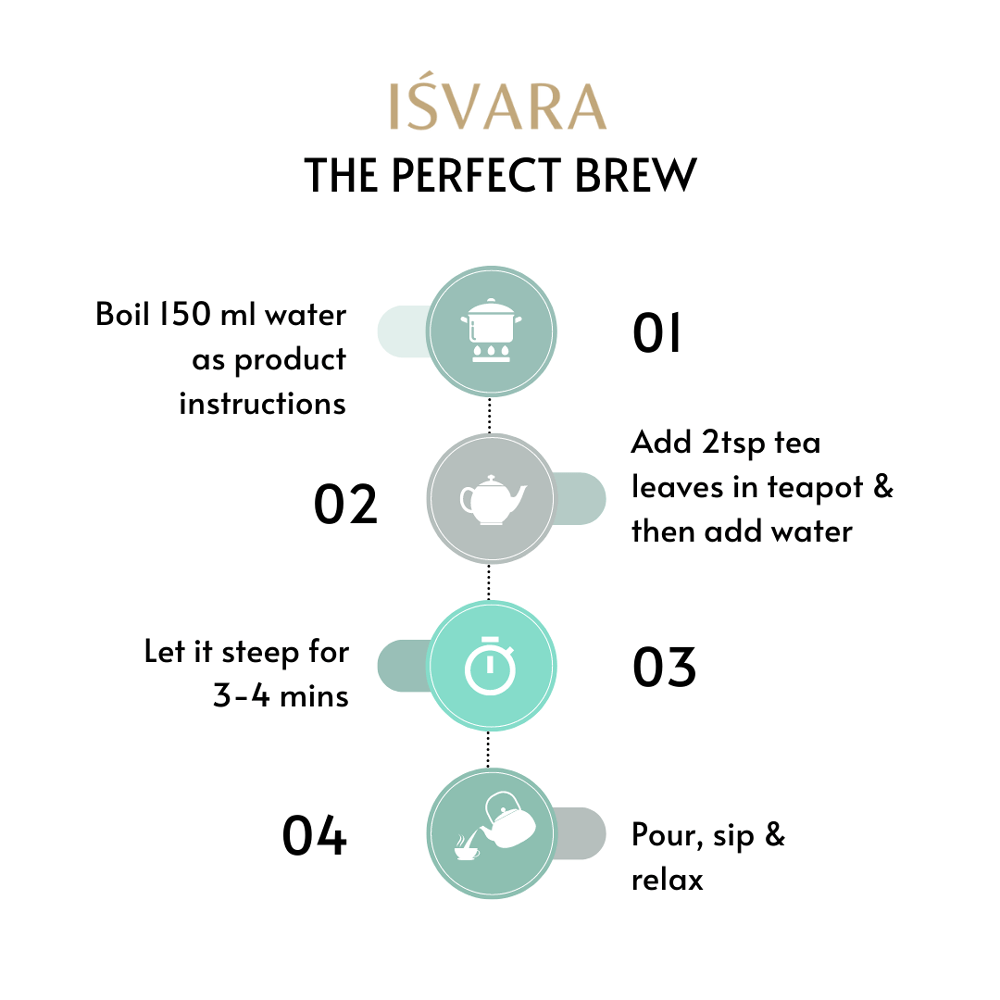
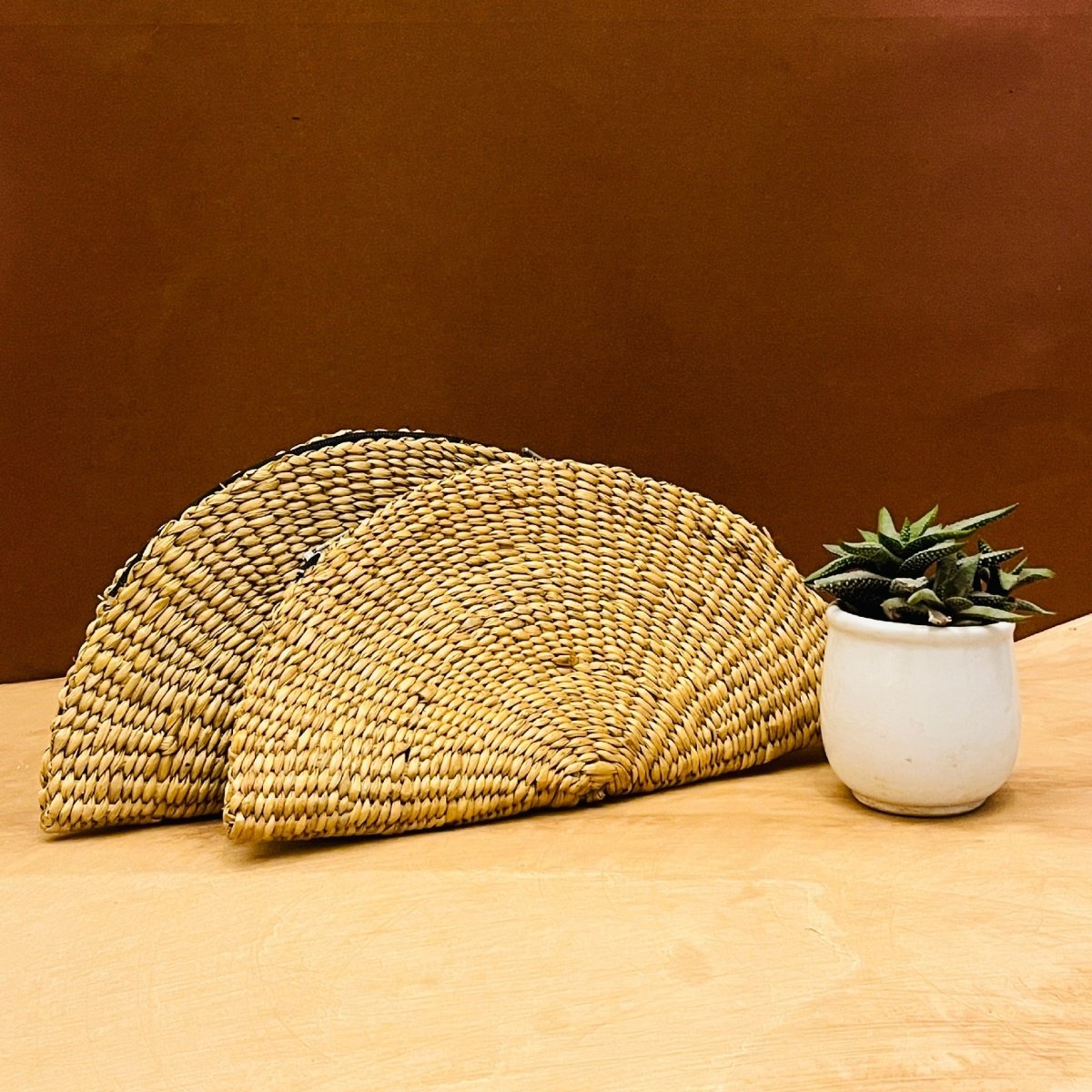
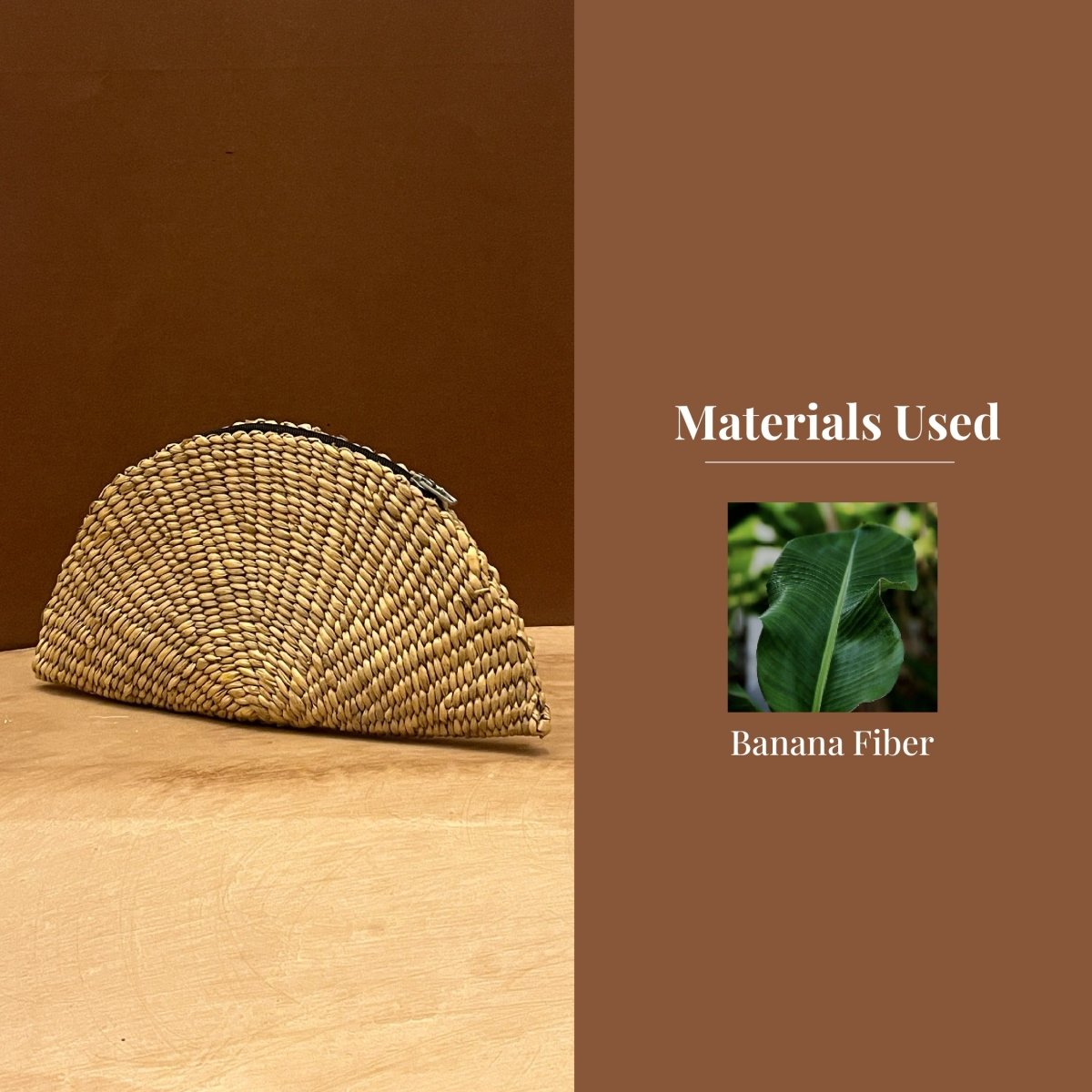

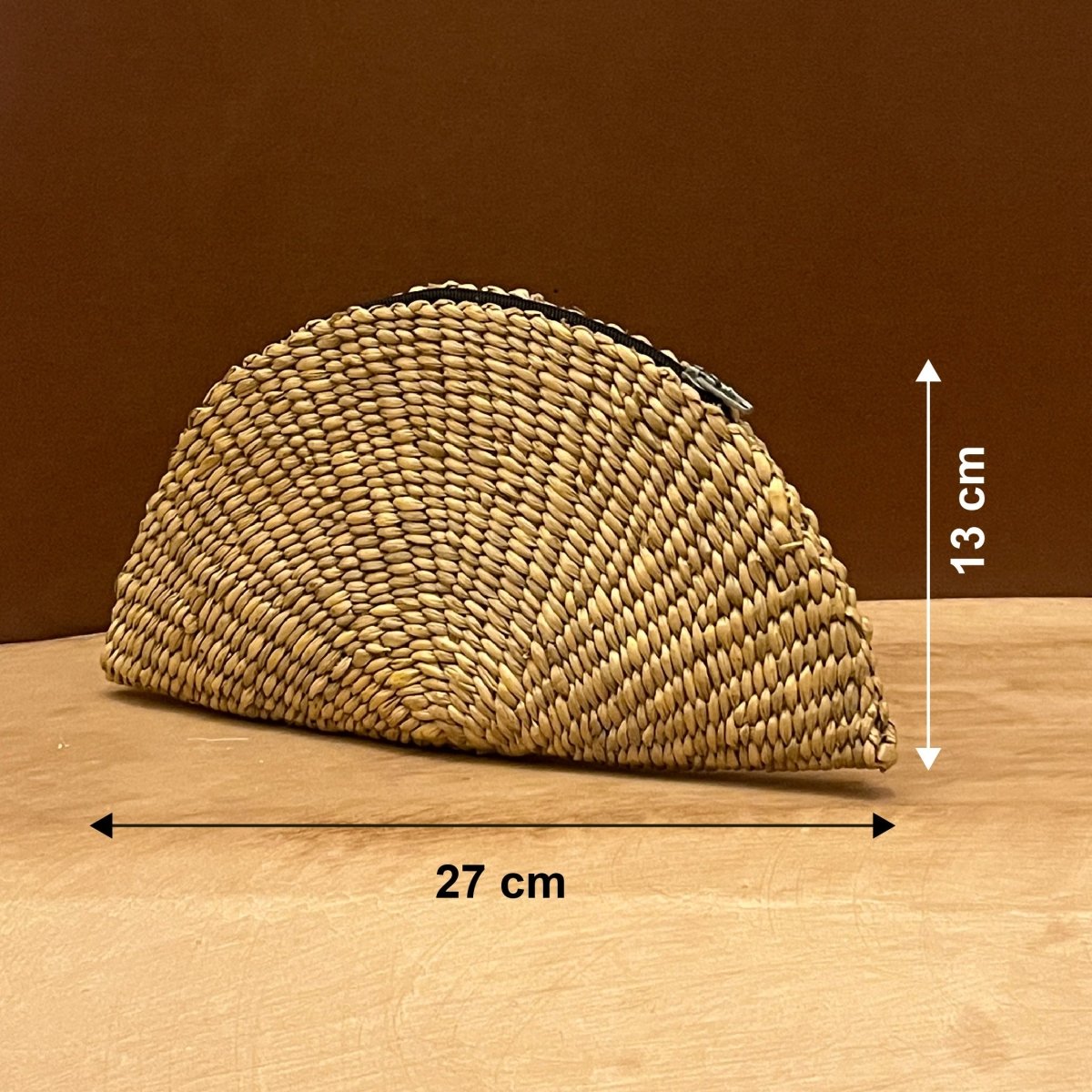
Share:
Stories From The Inner Circle: The Journey of Masaya
A beginner's guide to sustainable menstruation